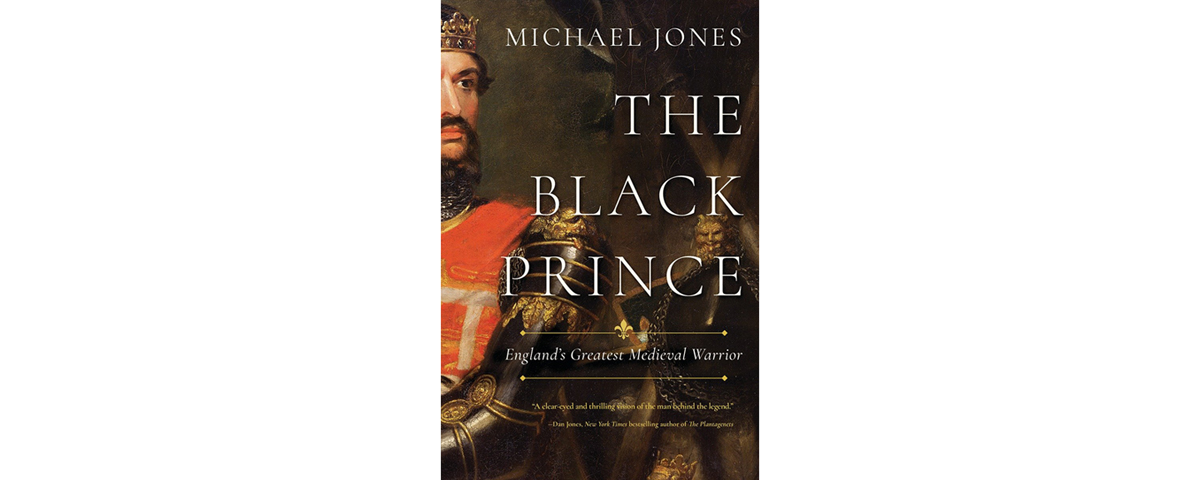The Black Prince: England’s Greatest Medieval Warrior, by Michael Jones, Pegasus Books, New York, 2018, $30
Charismatic historical figures such as Edward of Woodstock, the Black Prince, are subject to endless scholarly analysis. Historians concentrate on the military expertise of such leaders and the lessons derived from their leadership and battle skills. Modern scholars, however, note the Black Prince lacked both administrative ability and political judgment.
In his biography of the Black Prince author Michael Jones explores Edward’s character, summing him up as a seasoned warrior, pious leader, amiable intellectual, chivalrous knight, obedient son, loving father and wily strategist. He portrays a royal who was lavish to the point of bankruptcy, generous to those who earned his largesse, yet intuitive enough to listen to advisers and inspire the devotion of his military forces.
Jones also reveals the troubled relationship between the Black Prince and his father, King Edward III, who was determined to raise a son who would not mimic the king’s personal shortcomings. To forge the boy into a strong warrior, father Edward sent the Black Prince into battle at Crécy, France, when he was just 16. In later life the Black Prince would face a different sort of fight—defending his reputation against malicious innuendo and falsehoods (aka “fake news”) from the era’s chroniclers.
The Black Prince is an insightful, finely crafted character study of one of the medieval world’s best-known warriors and vivid personalities. It’s also an object lesson in how unstinting devotion to chivalric ideals was the Black Prince’s greatest strength and greatest weakness.
—S.L. Hoffman





